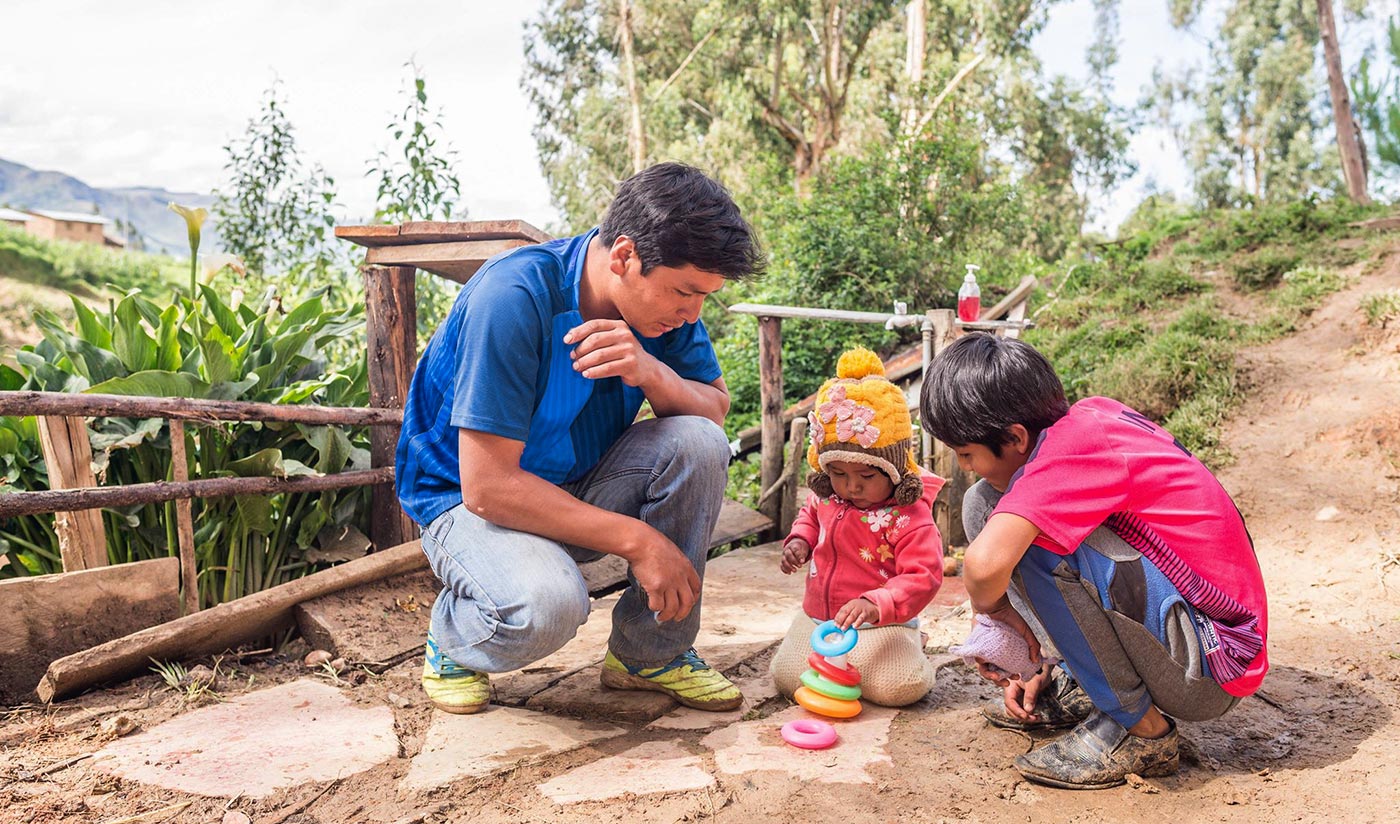

With awareness now growing about the importance of early childhood development, a brief overview of the region’s experiences can offer insights into the challenges of reaching the most vulnerable children at scale. Many of these experiences anticipated the new Nurturing Care Framework, which describes a set of targets, actions and policies needed to guarantee that every child has a fair start in life, offering countries a platform on which to build coordination among sectors and institutions.
In the 1960s and 1970s, against a backdrop of industrialisation and poverty reduction policies, early childhood programmes were focused mainly on providing daycare services to help women engage in income-generating activities. Examples include ‘Hogares Comunitarios’ in Colombia, ‘Wawa Wasi’ in Peru and ‘Hogares de Cuidado Diario’ in Venezuela. However, the quality of such programmes was often compromised as they expanded.
In the 1980s, increasing activism in defence of children’s rights saw non- governmental organisations introduce countless innovations in integrated care that promoted children’s cognitive and social-emotional development. Debates opened up on approaches to children’s ability to build their own learning and the mediating role played by their primary carers. Unfortunately, this was the ‘lost decade’ economically for Latin America: while many public programmes were scaled up, their focus continued to be narrowly on survival rates, nutrition and daycare for working mothers.
In the 1990s, cross-sector programmes and policies were established that focused on early childhood for its own sake. They were driven by the United Nations Convention on the Rights of the Child, the spread of neuroscience and inter-governmental regional meetings promoted by the Organization of American States, international agencies, and national and regional networks of early childhood advocates. The Cuban programme ‘Educa a tu Hijo’, which integrated education and health in a combinination of home visits and care centres, became a model for others in the region, such as CENDIS in Mexico and Brazil’s ‘Primeira Infância Melhor’.
‘Latin America has a prolific history of developing systems, public policies and programmes that recognise the importance of investment and cross- sector action in early childhood issues.’
The new millennium has seen models that were precursors of the Nurturing Care Framework. Chile, under President Bachelet, created ‘Chile Crece Contigo’, a cross-sector policy of early childhood support programmes. In Colombia, President Santos is promoting an integrated care policy for children from birth to age 5, based on public–private collaboration to deliver cross-sector early childhood services. Brazil’s rapidly expanding ‘Criança Feliz’ programme, which provides home visits to vulnerable families, reflects a legal Framework for early childhood approved in 2016 that facilitates coordination among sectors including education, care, health, housing, income, nutrition, safety, recreation, mobility and public space. ‘Cuna Más’ in Peru is among other recent cross- sector programmes which focus on the quality of interaction between primary carers and children.
Current cross-sector early childhood policies in Latin America are rooted in early innovations from past decades. Together with regional meetings, they led to the emergence of new generations of early childhood professionals and promoters who now see the Nurturing Care Framework as an opportunity to build on lessons learned and address outstanding challenges such as maintaining quality, record keeping, assessment and disseminating good practice.
Even in countries where the conceptual contributions of the Nurturing Care Framework are already being applied, this new platform will provide clear benefits. It will serve as a basis for the spread of legal Frameworks that guarantee the cross-sector nature of early childhood policies throughout the region. It will confirm that countries already making huge progress in these issues are on the right track. And, above all, it will provide good arguments for those who appreciate the role played by nurture in raising children and the task of taking the needs of fathers, mothers and primary carers into account in formulating public policy.
See how we use your personal data by reading our privacy statement.
This information is for research purposes and will not be added to our mailing list or used to send you unsolicited mail unless you opt-in.
See how we use your personal data by reading our privacy statement.